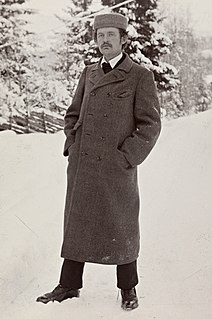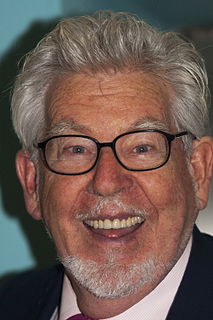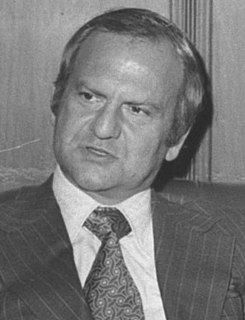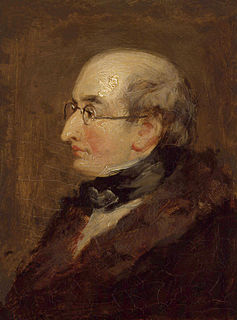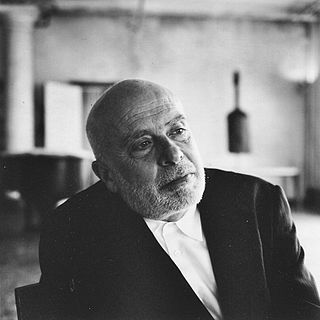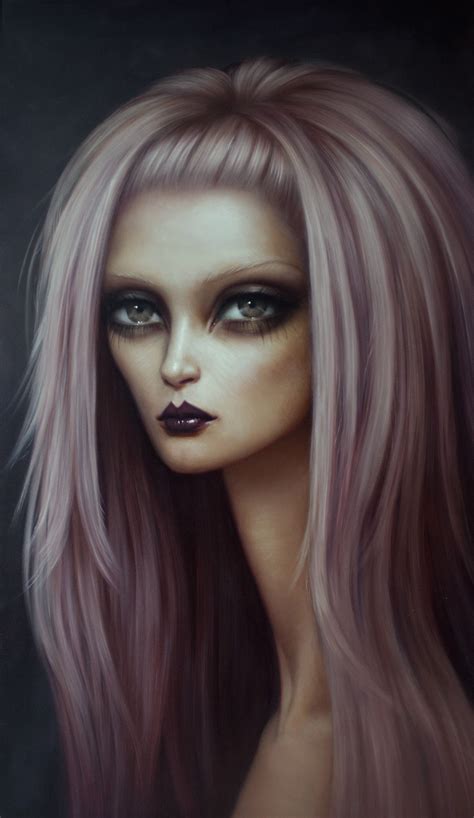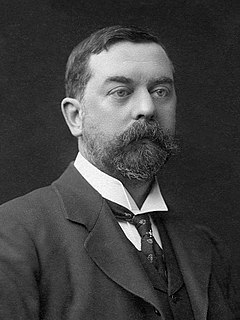A Quote by Edvard Munch
When I paint a person, his enemies always find the portrait a good likeness.
Related Quotes
The explanation of the propensity of the English people to portrait painting is to be found in their relish for a Fact. Let a man do the grandest things, fight the greatest battles, or be distinguished by the most brilliant personal heroism, yet the English people would prefer his portrait to a painting of the great deed. The likeness they can judge of; his existence is a Fact. But the truth of the picture of his deeds they cannot judge of, for they have no imagination.
An honest self-portrait is extremely rare because a man who has reached the degree of self-consciousness presupposed by the desire to paint his own portrait has almost always also developed an ego-consciousness which paints himself painting himself, and introduces artificial highlights and dramatic shadows.
God never allows pain without a purpose in the lives of His children. He never allows Satan, nor circumstances, nor any ill-intending person to afflict us unless He uses that affliction for our good. God never wastes pain. He always causes it to work together for our ultimate good, the good of conforming us more to the likeness of His Son (see Romans 8:28-29).
The portrait of a person is one of the most difficult things to do. It means you must almost bring the presence of that person photographed to other people in such a way that they don't have to know that person personally, but that they are still confronted with a human being that they won't forget. That's a portrait.
Painting has always been a means of self-expression for me. Therefore, I paint because I have to and need to, not necessarily because I want to. Subconsciously or not, the figures I paint are a reflection of myself and whatever mood I am in at the time, so every painting is in essence a self-portrait.
I hate to paint portraits! I hope never to paint another portrait in my life. Portraiture may be all right for a man in his youth, but after forty I believe that manual dexterity deserts one, and, besides, the color-sense is less acute. Youth can better stand the exactions of a personal kind that are inseparable from portraiture. I have had enough of it.
